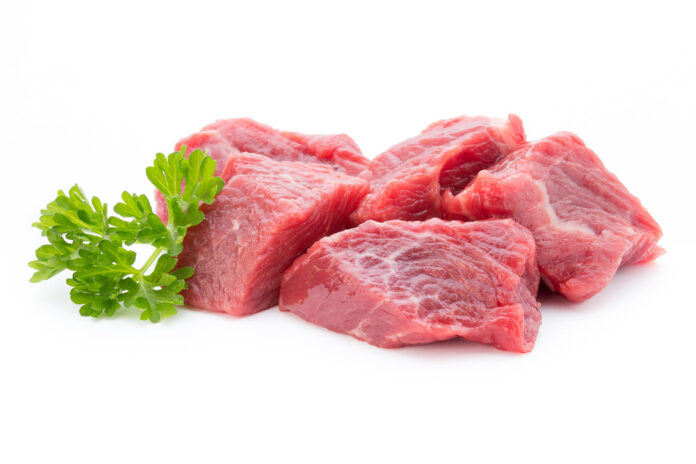For more than a decade, the founders of The Organic Meat Company Limited (TOMCL) have nurtured a singular ambition: to see their products on the shelves of Carrefour, the French-origin hypermarket giant, in Dubai. It was a goal they talked about in the early days of the business, back in 2010, when they were still proving to themselves and to the market that Pakistan could produce export-grade, halal-certified meat for the most discerning buyers.
That ambition has now been realised. TOMCL has signed a contract to supply meat to one of the largest retail grocery store chains in the United Arab Emirates, operated by Carrefour’s local affiliate, Majid Al Futtaim (MAF). For the company, the deal is not just another line item in its export ledger; it is a symbolic validation of years of strategic positioning in the competitive world of Middle Eastern food retail.
Carrefour stores in the UAE are known for exacting sourcing standards. Securing shelf space there means meeting rigorous benchmarks for quality, traceability, halal certification, and supply chain consistency — all while competing with established suppliers from Australia, New Zealand, and South America. The TOMCL management believes this contract could open the door to wider regional retail penetration, particularly in other Gulf Cooperation Council (GCC) markets where Carrefour operates.
“This is what they always aimed for,” said one person familiar with the founders’ thinking. “They wanted to make Pakistan’s premium halal meat a regular fixture for Gulf consumers who care about quality and authenticity. Carrefour was always on that list.”
A 15-year journey of growth and discipline
Founded in 2010, The Organic Meat Company positioned itself from day one as an export-oriented, halal-certified meat processor, capable of meeting the most demanding international standards. Based in Karachi, TOMCL built its facilities to comply with certifications recognised across the Middle East, Southeast Asia, and beyond.
The company’s early years were about proving capability – to regulators, and to buyers. In an industry where reputation matters as much as product, TOMCL spent heavily on establishing robust cold chain logistics, traceable sourcing from selected livestock farms, and compliance with hygiene protocols that met or exceeded importing country requirements. The content in this publication is expensive to produce. But unlike other journalistic outfits, business publications have to cover the very organizations that directly give them advertisements. Hence, this large source of revenue, which is the lifeblood of other media houses, is severely compromised on account of Profit’s no-compromise policy when it comes to our reporting. No wonder, Profit has lost multiple ad deals, worth tens of millions of rupees, due to stories that held big businesses to account. Hence, for our work to continue unfettered, it must be supported by discerning readers who know the value of quality business journalism, not just for the economy but for the society as a whole.To read the full article, subscribe and support independent business journalism in Pakistan










Well may is no longer affordable in pakistan. Perhaps they can afford it.